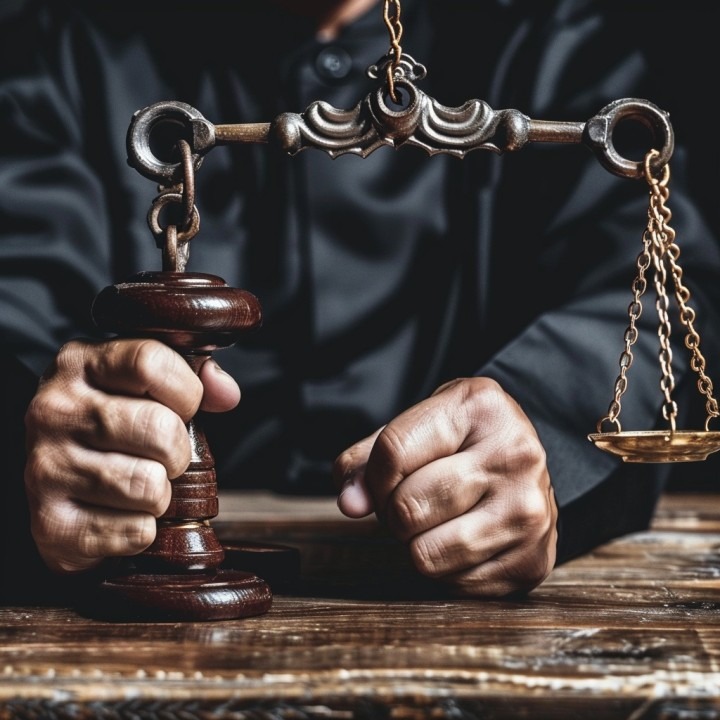Step-by-Step Process for Applying for Bail
Arrest and Detention: When someone is arrested, they are taken to a police station and then to jail. They will stay there until a bail hearing or their trial.
Bail Hearing: A bail hearing is a court session where a judge decides if the arrested person can be released on bail. This hearing usually happens within 48 hours of the arrest.
Filing a Bail Application: To apply for bail, the person’s lawyer or they themselves must submit a formal request, called a bail application, to the court. This document explains why they believe they should be released from jail before their trial.
Factors the Judge Considers: During the bail hearing, the judge looks at several factors to decide if bail should be granted:
- Seriousness of the Crime: More serious crimes might lead to bail being denied.
- Criminal History: If the person has a history of breaking the law, bail might not be granted.
- Flight Risk: The judge will consider if the person is likely to run away and not show up for their trial.
- Community Ties: Strong connections to family, job, and community can support the case for bail.
- Threat to Public Safety: If releasing the person poses a danger to others, bail might be denied.
Types of Bail:
- Cash Bail: Paying the full bail amount in cash.
- Bail Bond: Paying a bail bondsman a fee (usually 10-15% of the bail amount) to post the bail for them.
- Property Bond: Using property, like a house, as collateral to secure the bail amount.
- Surety Bond: Involves a bail bondsman who posts bail on behalf of the defendant for a non-refundable fee.
- Own Recognizance (OR): No bail payment is required, but the defendant must promise to return to court.
- Citation Release: Allows the arrested person to be released after being given a citation to appear in court on a specified date.
Bail Amount Determination: The judge often refers to a bail schedule, which lists standard bail amounts for various offenses, but they can adjust the amount based on the specifics of the case.
Bail Conditions: If the judge decides to grant bail, they might set conditions the person must follow. These conditions can include:
- Posting Bail: Paying a set amount of money to the court as a guarantee that they will return for their trial.
- Restrictions: These might include staying away from certain people or places, or not leaving the area.
- Regular Check-ins: The person might have to check in with the police or a bail officer regularly.
- House Arrest: Sometimes, the person might be confined to their home with an electronic monitor.
- Electronic Monitoring: Ankle bracelets can be used to ensure compliance with house arrest conditions.
Posting Bail: If the judge sets a bail amount, the person or their family must pay this money to the court. This can be done in several ways as mentioned above.
Pretrial Services: Some jurisdictions have pretrial services that assess defendants and make recommendations to the judge regarding bail. These services can include monitoring programs as an alternative to detention.
Release from Jail: Once the bail is posted and any conditions are agreed upon, the person is released from jail. They are free to go home but must follow all bail conditions and return for their trial.
Failure to Appear: If the person does not show up for their court dates, the bail can be forfeited, meaning the court keeps the bail money. The person might also face additional charges for failing to appear.
Bail Revocation: If the person breaks any of the bail conditions, the judge can revoke their bail, which means they will be taken back to jail until their trial.
Conclusion
Applying for bail is a legal process that involves asking a court to release someone from jail under specific conditions until their trial. The judge considers several factors to ensure that releasing the person is safe for the community and that the person will return for their trial. Following all bail conditions is crucial to avoid any further legal trouble. Defendants have the right to legal representation during the bail hearing, and public defenders are available if they cannot afford a lawyer. back to Bail Process






